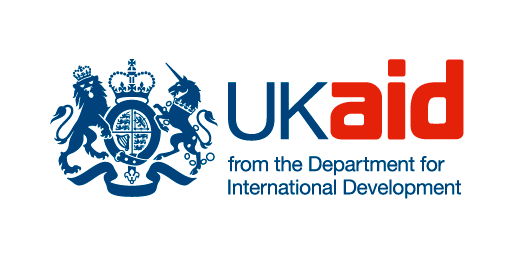General description
Despite India’s rapid economic growth,
there are still substantial development challenges in the poorer parts
of India. DFID India is responsible for a programme of development
cooperation with Indian partners worth £280 million per year. Focused
mainly on the states of Bihar, Madhya Pradesh, Orissa, and West
Bengal, the programme includes work in health, education, governance,
infrastructure, rural livelihoods, and urban development. In all
these areas, we focus particularly on women and girls. A new programme
of work to support private sector development to deliver jobs,
products, infrastructure and basic services is being designed. There
is an innovative cross-departmental unit on climate change housed
within DFID.
DFID India works in partnership with
government, international organisations, and civil society. The 90
staff based in our New Delhi office (co-location with the British High
Commission is planned for 2012) work with the Government of India on
nationwide programmes, and with governments in a number of states with
particular poverty needs. The State Offices provide support and local
knowledge.
DFID is committed to increasing its expertise in private sector
development.
“It is my intention to recast DFID
as a government department that understands the private sector, that
has at its disposal the right tools to deliver and that is equipped to
support a vibrant, resilient and growing business sector in the
poorest countries.” Secretary of State, LSE, October 2010.
The private sector plays a key role in
providing jobs, services and generating tax revenues in an economy. An
enabling environment for business, including the availability of
infrastructure and capital, are key requirements for private sector
development. India ranked 133 out of 183 countries in the World Bank’s
2010 Doing Business Survey. Infrastructure, inefficient bureaucracy
and access to capital feature amongst the top five issues faced by
businesses. Within India, there are wide disparities, with the
poorest states attracting only one-fifth of domestic and 2.4% of
foreign private investments, even though these states are home to over
half the population.
In India, DFID is beginning a major new
programme of work to promote the private sector development for
inclusive growth in the poorest regions. Working with Indian partners,
we will focus on: developing key sectors that help poor men and women
and/or help them take advantage of new economic opportunities;
investing in projects that are commercially viable and that will
deliver jobs, basic services or infrastructure in the poorest states
and would not otherwise have gone ahead; and supporting partner
governments to attract and manage effectively private investment in
agreed priority sectors.
Globally, DFID’s approach to private sector development is structured
around the following themes:
- Policies, laws and regulations
needed to enable private sector led growth;
- Fair and efficient administration of
private sector regulation and legislation;
- The most effective ways to
facilitate pro-poor responses by the private sector, in particular
through generating increased pro-development investment and job
creation.
As one of three PSD Advisers you will
play a critical role in helping DFID India deliver its private sector
programme and influence policy for enabling private investments in the
poorest regions of India. You will provide thought leadership for
DFID India on private equity and venture capital finance. You will
have responsibility for leading a range of strategic PSD tasks with
national and state level programme partners. You will lead specific
private sector projects, and provide high quality inputs to other
programmes.
DFID India has a reputation for
corporate excellence. A high value is placed on good financial
management, efficient systems, and clear communication.
Duties
The role of PSD adviser is both
challenging and rewarding. It involves technical leadership; team
working, and provides experience across a range of programme and
policy issues.
The successful candidate will work
across a range of programmes, including with the private sector, their
intermediaries and with Government.
Major responsibilities are:
Lead design and implementation of
specific DFID private sector led programmes, including advising on
structuring of capital instruments to deliver both development and
commercial returns, with a clear focus on development results and
achieving high Value for Money.
Contribute high quality PSD expertise
to programmes led by other specialists.
Conduct discrete pieces of analysis to
develop in depth DFID understanding of PSD challenges and
opportunities and to inform and influence DFID strategies.
Lead DFID India’s engagement on
specific private-sector policy, research and innovation themes,
particularly on the private equity market in India; and ensure that
DFID India’s strategy is regularly discussed with DFID HQ and reflects
international best practice.
Develop and maintain networks with the
private sector, government, and external support agencies through high
level policy dialogue, regular and systematic networking, practical
programme collaboration and information sharing.
Undertake personal and skill
development to maintain high quality competencies and knowledge.
 Private Sector Development Adviser
Private Sector Development Adviser